Introduction
Tensions between India and Pakistan are rising again after a deadly attack in Jammu and Kashmir. According to a new report by Moody’s Ratings, this geopolitical crisis could seriously impact Pakistan’s economic growth and financial stability. The agency warns that continued conflict may also harm Pakistan’s access to international funding and weaken investor confidence.
Meanwhile, India’s economy is expected to remain stable, though increased defense spending may slightly slow its fiscal progress.
What Triggered the Conflict?
On 30 April 2025, Pakistan’s information minister said that India was preparing a military strike. This was allegedly in response to a 22 April terrorist attack on tourists in Jammu and Kashmir.
After this announcement:
India suspended the Indus Waters Treaty of 1960, which controls water sharing between the two nations. This could severely reduce water availability in Pakistan.
In return, Pakistan canceled the Simla Peace Treaty of 1972, stopped bilateral trade, and closed its airspace to Indian airlines.
These actions marked a serious breakdown in diplomatic relations.
How Tensions Could Affect Pakistan’s Economy
Moody’s, a global credit rating agency, highlighted multiple risks to Pakistan’s economy due to this ongoing tension:
1. Weaker Economic Growth
Pakistan’s economy was slowly improving with help from the IMF program.
However, increased conflict may slow down this growth.
2. Problems in Fiscal Consolidation
The government was trying to reduce its budget deficit and improve financial discipline.
Rising military expenses and reduced economic activity could delay these efforts.
3. Foreign Exchange Reserves Under Pressure
Pakistan’s forex reserves are already low.
Tensions could scare away foreign investors and limit external financing, putting more pressure on the country’s ability to pay back international debts.
4. Macroeconomic Stability at Risk
Although inflation has been falling and growth has been improving, long-term instability could reverse this progress.
Uncertainty in the region may reduce confidence in Pakistan’s recovery efforts.
How India Is Positioned
Moody’s notes that India is less likely to be economically affected by the conflict due to these reasons:
1. Minimal Trade With Pakistan
Pakistan accounts for less than 0.5% of India’s total exports (2024 data).
This means the impact of trade suspension is very low for India.
2. Strong Domestic Economy
India has high levels of public investment and healthy private consumption.
These factors support continued economic growth, even during localized conflicts.
3. Potential Fiscal Concerns
While overall growth remains strong, higher defense spending could slow down India’s fiscal consolidation (efforts to reduce the budget deficit).
Long-Term Risk Assessment
Moody’s geopolitical risk outlook suggests:
Tensions between India and Pakistan are persistent and flare-ups are expected from time to time.
However, both countries have a long history of avoiding full-scale war since gaining independence.
The current situation may cause localized military activity, but broad-based military conflict is unlikely.
Final Thoughts
The Moody’s report clearly states that Pakistan’s economy is more vulnerable in the face of escalating tensions with India. While the country was making progress with the help of the IMF, a breakdown in relations with its powerful neighbor could undo this progress.
India, on the other hand, remains macroeconomically strong. Limited trade with Pakistan means India is less exposed to direct economic harm, although higher military expenses may affect its budget in the short term.
Key Takeaways
India-Pakistan tensions escalated after a militant attack in Jammu and Kashmir.
India suspended the Indus Waters Treaty, Pakistan responded by halting trade and flights.
Pakistan’s economic growth, fiscal progress, and foreign reserves are now at risk.
India’s economy remains stable, but may see increased defense spending.
Moody’s does not expect a full-scale war, but periodic flare-ups will likely continue.
Source: Moody’s Ratings

BBW News Desk is the editorial team of BigBreakingWire, a digital newsroom focused on global finance, markets, geopolitics, trade policy, and macroeconomic developments.
Our editors monitor government decisions, central bank actions, international trade movements, corporate activity, and economic indicators to deliver fast, fact-based reporting for investors, professionals, and informed readers.
The BBW News Desk operates under the editorial standards of BigBreakingWire, prioritizing accuracy, verified information, and timely updates on major global developments.
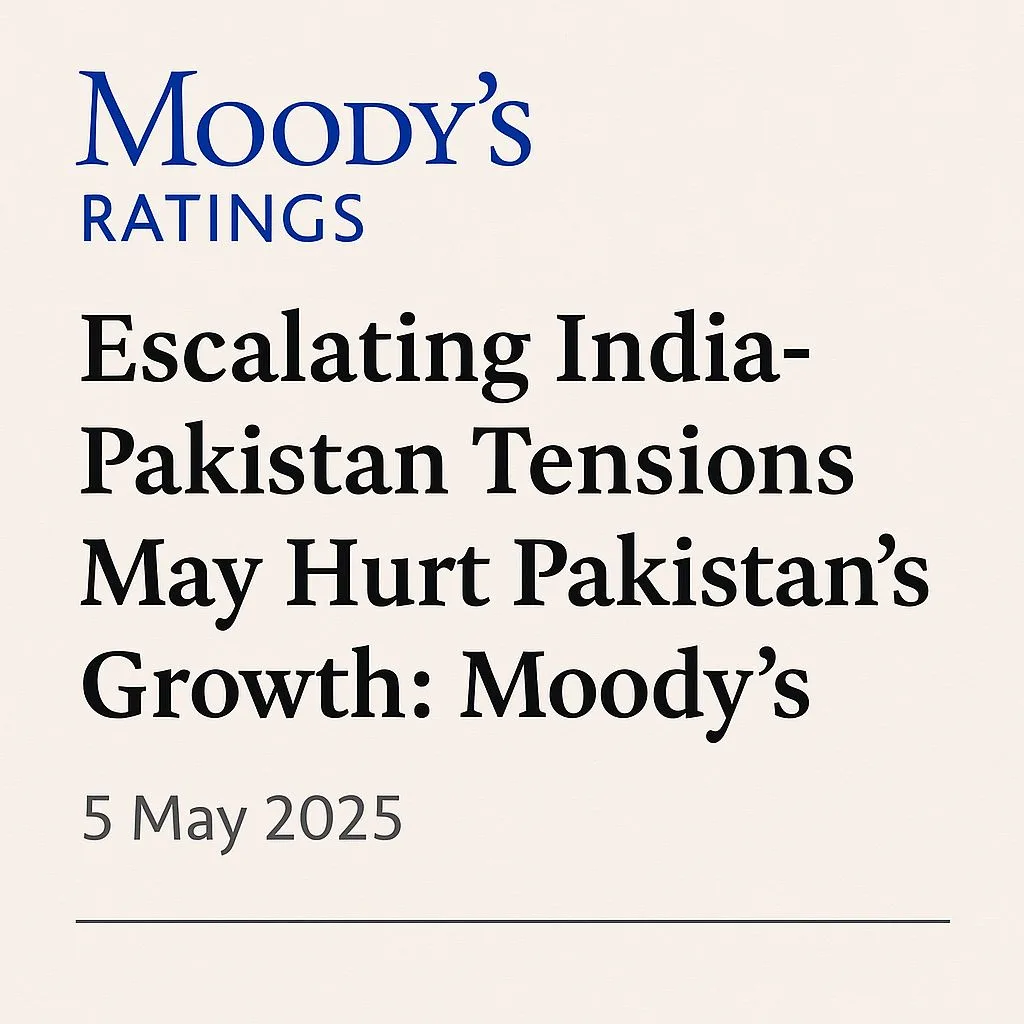









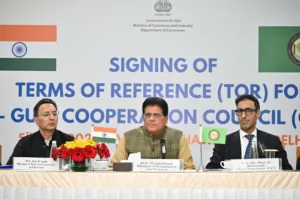
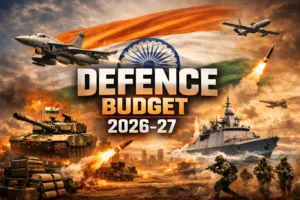
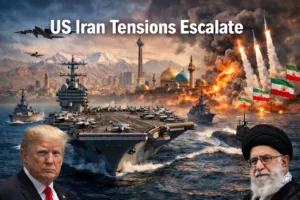
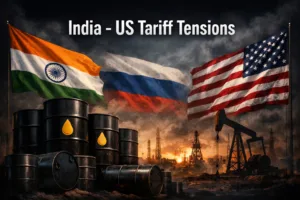
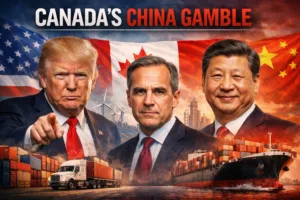

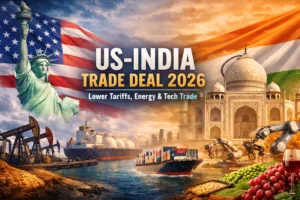



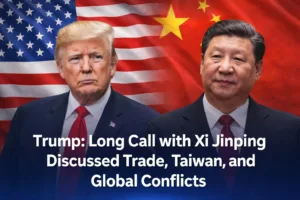



Be First to Comment